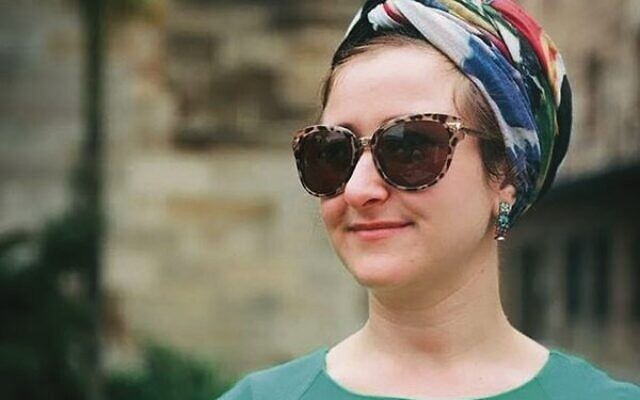Shira Hadasha welcomes Rabbanit Ellyse Borghi
"It is about providing a spiritual avenue for the expression of these big moments in life which is such a cornerstone of rabbinic work," she said.
RABBANIT Ellyse Borghi is the first woman appointed to a rabbinic role at an inclusive Orthodox community in Melbourne.
Shira Hadasha, the shule of song, embraces a commitment to Jewish law (halachah) and social action (tikkun olam).
Rabbanit Borghi describes her role as “really being there alongside community members”.
This means during all sorts of key moments in life. Like new babies and the milestones of childhood. Working with couples before they get married. Supporting the community through sickness, loss, grief and mourning.
“It is about providing a spiritual avenue for the expression of these big moments in life which is such a cornerstone of rabbinic work,” she said.
Her responsibility is to show the community the ways in which Judaism and its spiritual teachings can enrich those key moments in a lifetime.
Shira is a growing vibrant lay-led shule where all members contribute their skills to the community. Members take turns leading services, reading from the Torah, giving the sermon and everybody has something to share.
Within Shira Hadasha the real strength for connection to tradition and spirituality is through music. It is a key part of its shared services.
“I think everybody has had that experience where music feels transcendent, and you feel connected to something much bigger than yourself.”
Rabbanit Borghi is a qualified pre-marriage teacher and certified to appear as a lawyer before a beit din (rabbinic court). She regularly teaches Torah, guides couples in preparation for their weddings and supports women with mikvah attendance. She is also a previous member of Unchain My Heart, advocating for a more just and equitable Jewish divorce process.
She believes that her legal work and the community enrich her life and give her more energy. She felt very intimidated to take on the new position and sought guidance from her rabbinic mentors.
“The only way that I’ve learned to do this is by being authentic,” she said. “I want to acknowledge that many people have paved the way for the inclusion of women within Jewish life, and I am the beneficiary of many people’s hard work and mentorship.


comments